Trump Administration Shuts Down IRS Direct File, A Free Tax Filing Tool For Millions Axed Ahead Of 2026 Season – Financial Freedom Countdown
The IRS has officially confirmed that its free tax filing tool, IRS Direct File, will not be available during the 2026 tax season.
In an email to state comptrollers, IRS official Cynthia Noe said that “IRS Direct File will not be available in Filing Season 2026. No launch date has been set for the future.”
The announcement marks the end of a short-lived effort to give Americans a simple, government-run option for filing returns directly online.
A Biden-Era Experiment, Now Discontinued
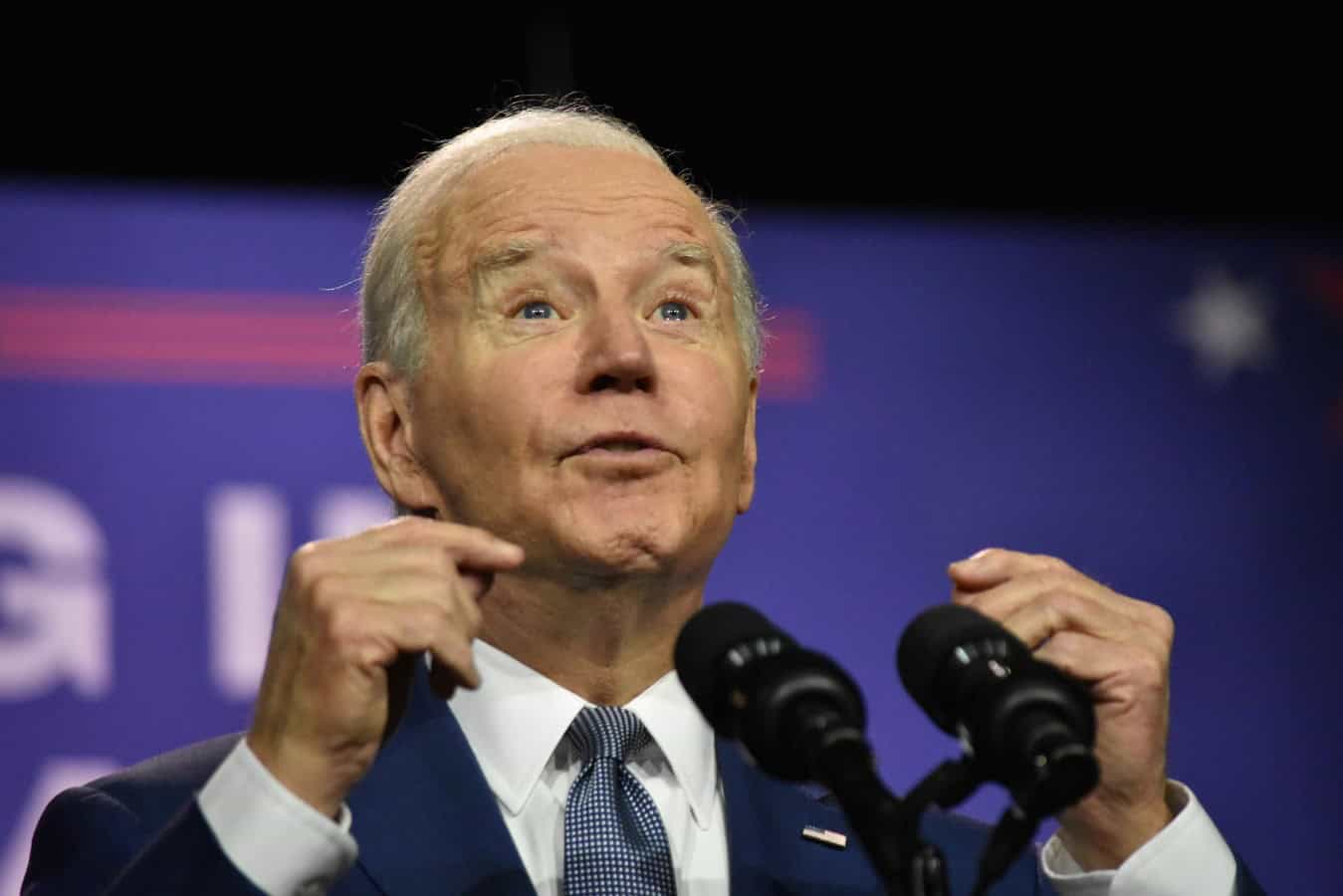
The Direct File program was developed under the Biden administration and launched as a pilot in 2024 with funding from the Inflation Reduction Act.
It was designed to make tax filing as easy as paying a bill online; fast, intuitive, and completely free. Early users praised the system for cutting through the maze of forms and upcharges common in private software. But with the transition to the Trump administration, the program’s future quickly dimmed.
Where Direct File Was Available
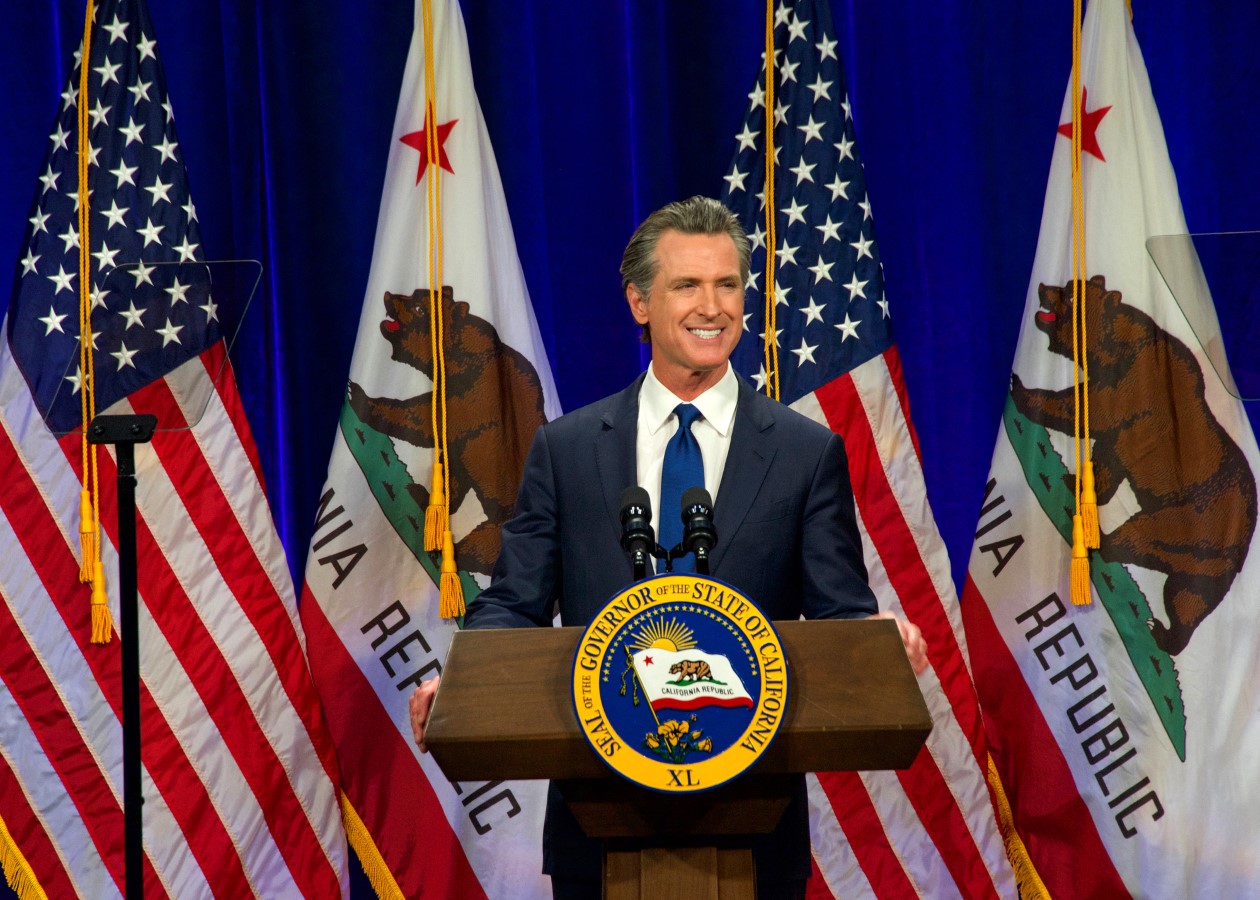
The IRS first tested Direct File in 12 states during the 2024 tax season: Arizona, California, Florida, Massachusetts, New Hampshire, New York, Nevada, South Dakota, Tennessee, Texas, Washington, and Wyoming.
These states were selected because they either had no state income tax or worked directly with the IRS to integrate their filing systems, making them the initial testing ground for the program.
The IRS expanded its free tax filing service to 13 additional states for the 2025 tax filing season.
Why the Trump Administration Pulled the Plug

Treasury Secretary Scott Bessent, who also serves as IRS Commissioner, said the program was “not used very much” and that the private sector can do a better job serving taxpayers.
Bessent added that the government should focus on efficiency rather than duplicating what companies like TurboTax and H&R Block already provide.
Critics argue that the decision was influenced by heavy lobbying from tax prep giants, who have long fought to prevent the IRS from offering free, direct filing.
The Numbers Tell a Different Story
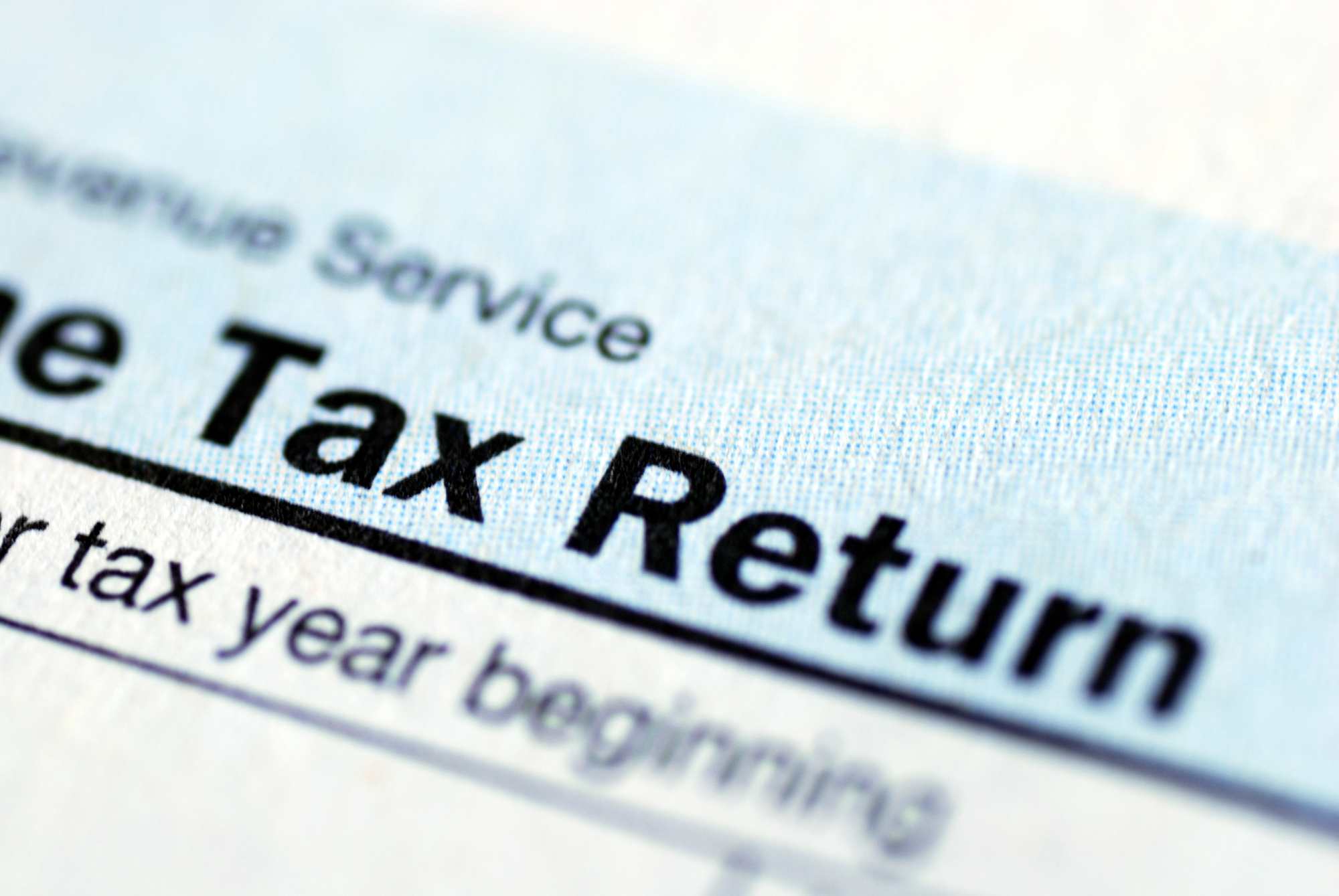
Despite being labeled as underused, IRS data shows strong growth in Direct File participation.
In 2025, nearly 296,000 taxpayers filed their returns through the platform; more than double the number from its pilot year, with 94% rating it positively.
The surge indicated that, given more time and awareness, Direct File might have become a widely adopted tool.
A Victim of Efficiency Cuts and Lobby Pressure

The fate of Direct File became uncertain after Elon Musk’s Department of Government Efficiency began reviewing federal programs for cuts earlier this year.
Though some initially thought Musk’s team of programmers might improve Direct File, IRS staff were quietly ordered in March to stop work on future versions.
Musk himself bragged online that he had “deleted” 18F, the government tech office behind Direct File.
Reports surfaced that the department viewed the IRS project as redundant and politically expendable. Insiders say the program’s small team was told to halt work for the 2026 filing season months before the official announcement.
Millions Spent, Now Wasted
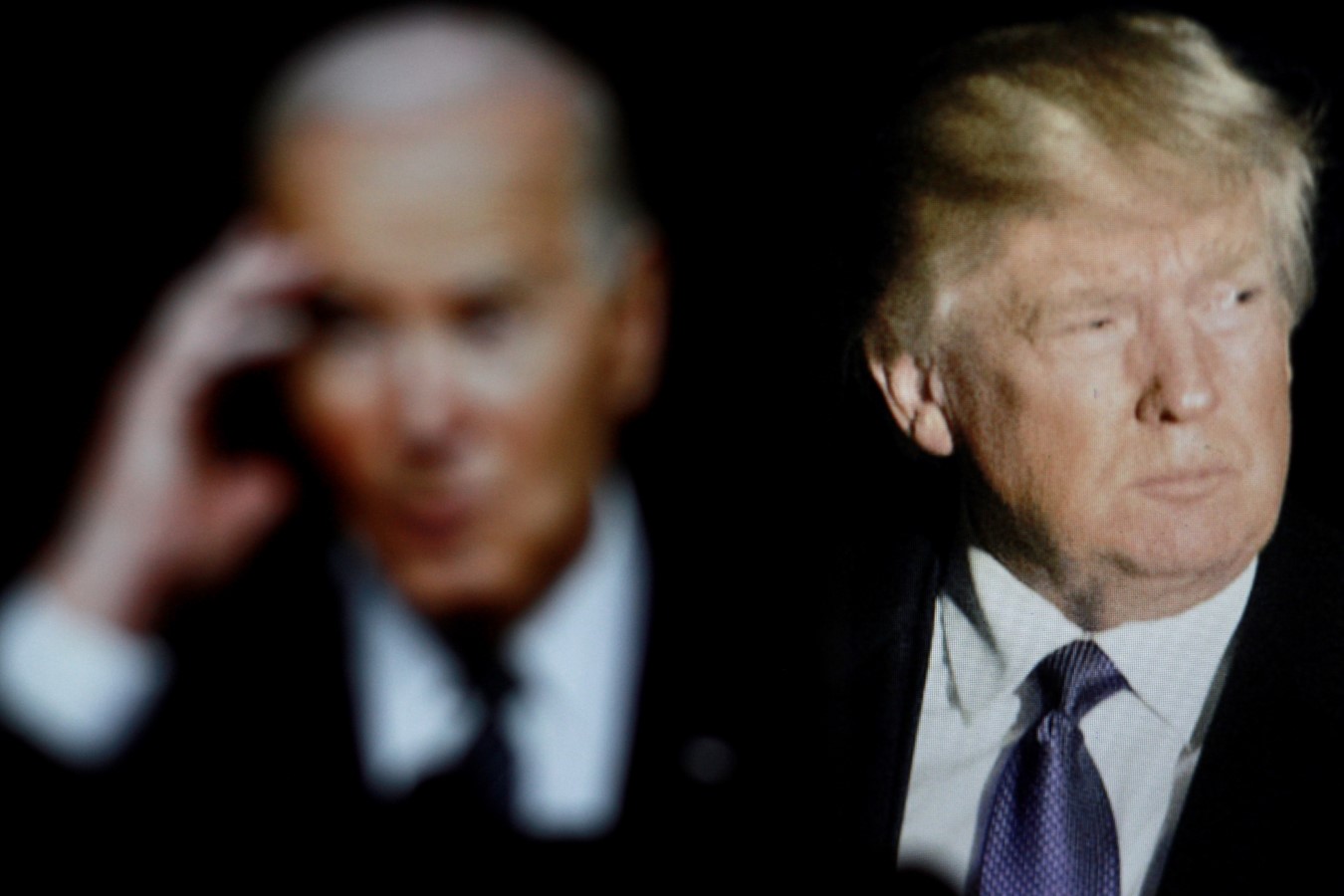
The IRS had spent tens of millions of dollars developing Direct File, funded through the Inflation Reduction Act signed by Biden in 2022.
That investment was meant to create a permanent, free alternative to commercial software. Now, the money and the progress are effectively gone; with no replacement on the horizon.
Supporters of Direct File Claim Taxpayers Lose Out

The average American pays around $140 each year to prepare their taxes; or spends roughly eight hours doing it manually. Direct File promised to save both money and time.
Progressive groups are furious. They called the decision “an outrage,” and “another gift to the multibillion-dollar tax prep industry.”
“Trump is blatantly making filing taxes more difficult and costly for the average taxpayer to protect his elite allies in the multi-billion-dollar commercial tax prep industry,” said David Kass, ATF Executive Director. “Americans shouldn’t have to pay hundreds of dollars to billion-dollar companies and spend hours doing their taxes when they could file directly with the government for free. We know direct filing works—it eliminates waste, improves tax revenue, and saves taxpayers money. This move exposes what’s really happening in Trump’s Administration: it was never about efficiency, it’s about Trump and his billionaire allies taking money from our pockets to make the tax system worse and line the pockets of big business elites in this predatory industry.”
Senator Warren Weighs In

Sen. Elizabeth Warren, a longtime critic of the tax prep industry, blasted the administration’s decision.
She argued that Trump and Musk were siding with corporations at the expense of taxpayers, saying free filing is a basic service Americans deserve.
She said in a statement that Trump and Musk “are going after Direct File because it stops giant tax prep companies from ripping taxpayers off for services that should be free. Americans want a free and easy way to file their taxes — Trump and Musk want to take that away.”
Warren’s sharp rhetoric highlights the partisan split: while her supporters see her as a defender of consumers, critics often view her as a symbol of heavy-handed government expansion.
Critics of Direct File Say Program Was Wasteful

Conservatives argue Direct File was flawed from the beginning.
They say the program was riddled with hidden costs and taxpayer confusion.
A National Taxpayers Union Foundation analysis found that the IRS had overstepped its authority and warned the program would become a financial drain if expanded nationwide.
Trump Case for Efficiency

For the administration, the decision is about cutting duplication and letting private companies handle tax prep instead of the federal government.
Supporters note that the IRS already has free filing partnerships with private providers, as well as programs like Volunteer Income Tax Assistance for lower-income households.
Ending Direct File, they argue, saves taxpayer dollars while allowing the IRS to focus on audits and modernization projects.
The Direct File Website Goes Dark
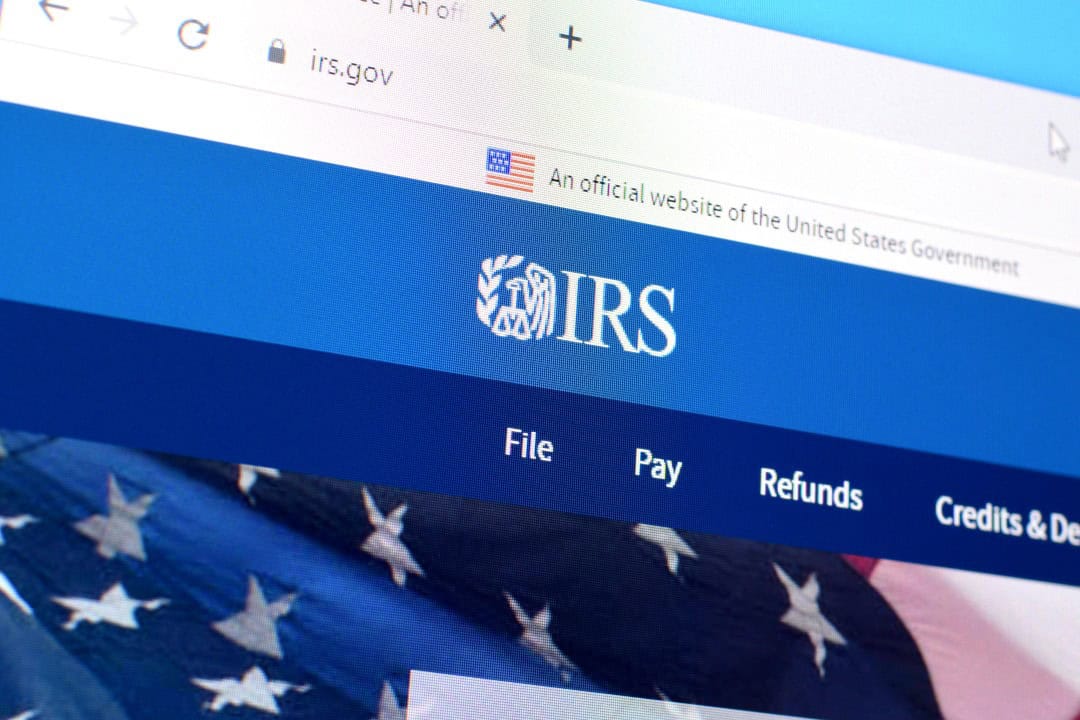
As of Wednesday, the official Direct File website reads: “Direct File is closed. More information will be available at a later date.” For taxpayers hoping to use the system next spring, that means one thing — they’ll need to return to paid software or professional preparers.
What Options Remain for Taxpayers

Even without Direct File, Americans will still have ways to file taxes for free.
The IRS partners with third-party companies to offer free services based on income and state eligibility, while lower-income families can access free in-person help through IRS-sponsored programs.
Taxpayers can also use the IRS’ free fillable forms online.
The Larger Debate Over Tax Filing
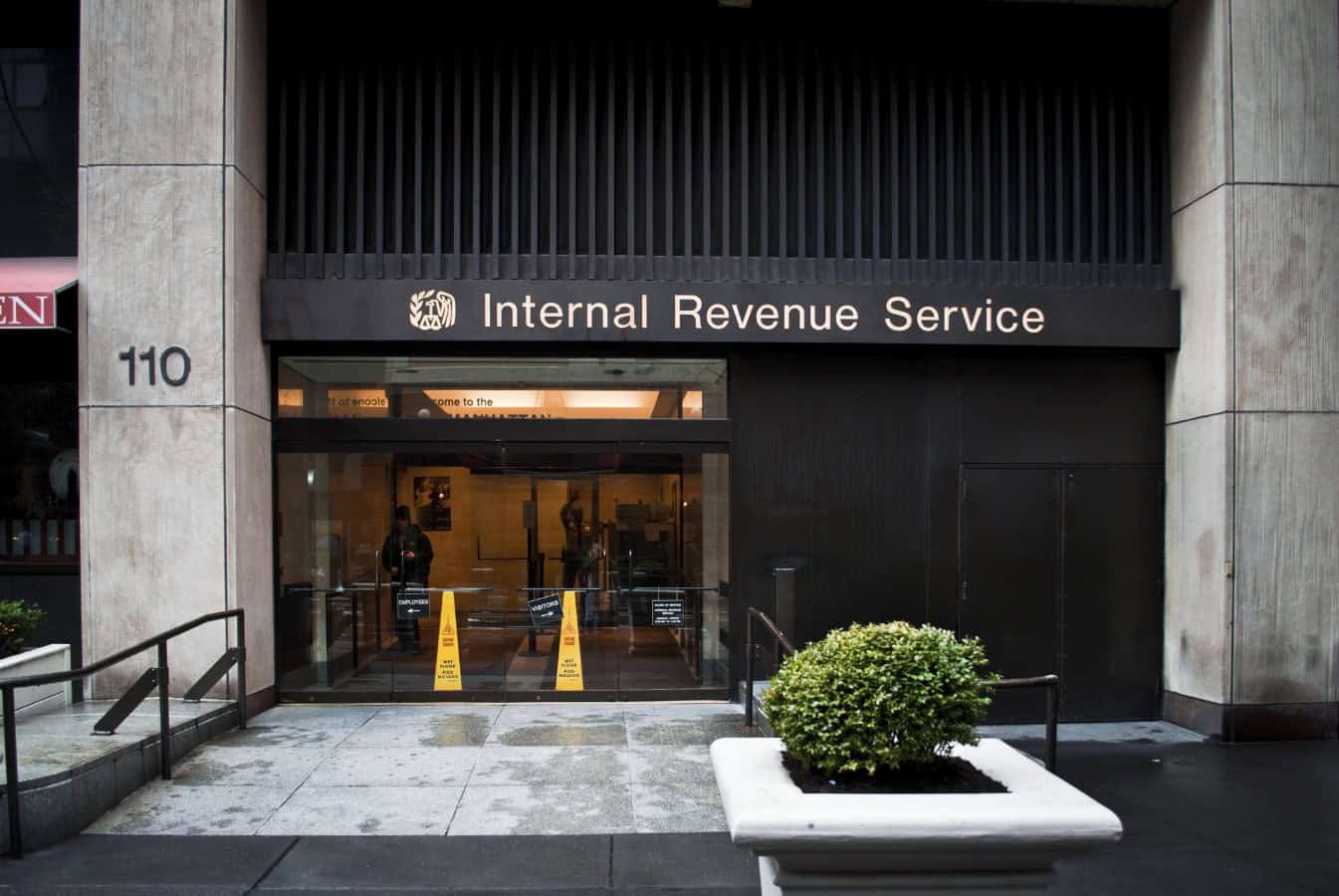
The end of Direct File illustrates a philosophical divide: should the IRS act as both tax collector and tax preparer, or leave that role to the private sector?
Trump and allies say government-run tax prep was always unnecessary, while critics believe its elimination is a setback for convenience and fairness.
Like Financial Freedom Countdown content? Be sure to follow us!
Treasury Hikes I Bond Rate to 4.03%, Yet Fixed Portion Drops — Here’s What It Means for Savers

The U.S. Treasury has announced a new 4.03% rate for Series I savings bonds, slightly higher than the previous 3.98%. But beneath the bump lies a subtle setback: the fixed-rate portion has slipped to 0.9% from 1.1%. That quiet change could reduce long-term returns for investors hoping to lock in inflation-protected income, even as I bonds remain one of the safest options for conservative savers.
Treasury Hikes I Bond Rate to 4.03%, Yet Fixed Portion Drops — Here’s What It Means for Savers
Why Many Seniors Are Ditching Medicare Advantage for Medigap; Even With Higher Premiums

As Medicare open enrollment heats up, millions of seniors are facing one of the most consequential financial decisions of retirement: whether to stay with a Medicare Advantage plan or switch to a Medicare supplemental policy; better known as Medigap. The choice doesn’t just determine monthly costs; it can also affect access to doctors, treatment options, and out-of-pocket spending for years to come.
Why Many Seniors Are Ditching Medicare Advantage for Medigap; Even With Higher Premiums
Big 2026 Refunds Ahead as Trump’s Tax Bill Kicks In, JPMorgan and Oxford Economics Say
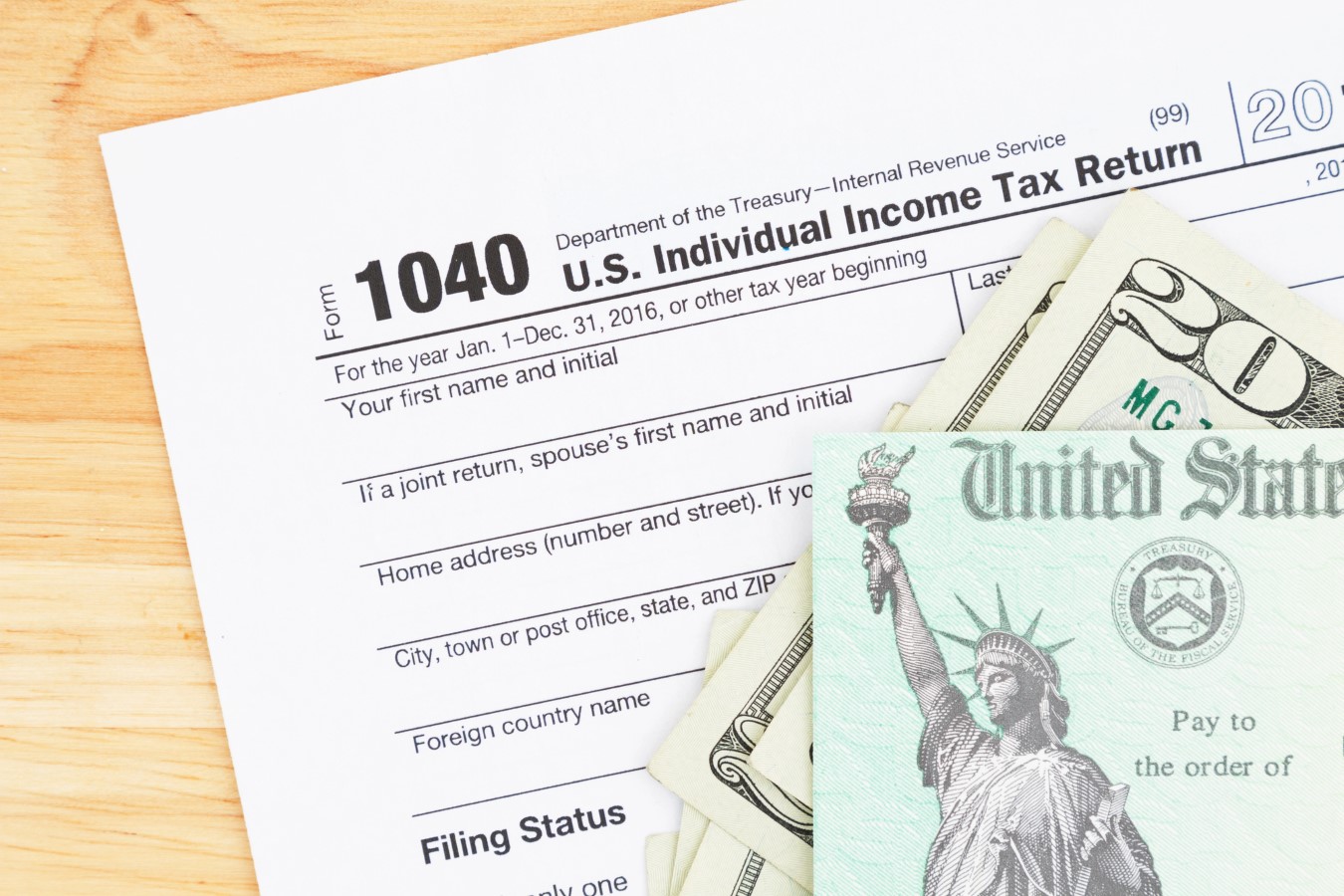
Millions of Americans could see significantly larger tax refunds when they file their 2025 returns early next year; and both Oxford Economics and JPMorgan Asset Management say the surge is real. The driver behind the coming “refund wave” is former President Donald Trump’s “One Big Beautiful Bill Act,” a sweeping tax overhaul that took effect retroactively at the start of 2025. Both research firms say the combination of new deductions, delayed IRS withholding adjustments, and expanded tax breaks will result in tens of billions in overpaid taxes being refunded in 2026. Oxford Economics estimates that total taxpayer savings could reach $50 billion through bigger refunds or lower 2026 tax bills. JPMorgan’s strategists say the early-year refund bump could be strong enough to noticeably lift household spending and short-term economic growth.
Big 2026 Refunds Ahead as Trump’s Tax Bill Kicks In, JPMorgan and Oxford Economics Say
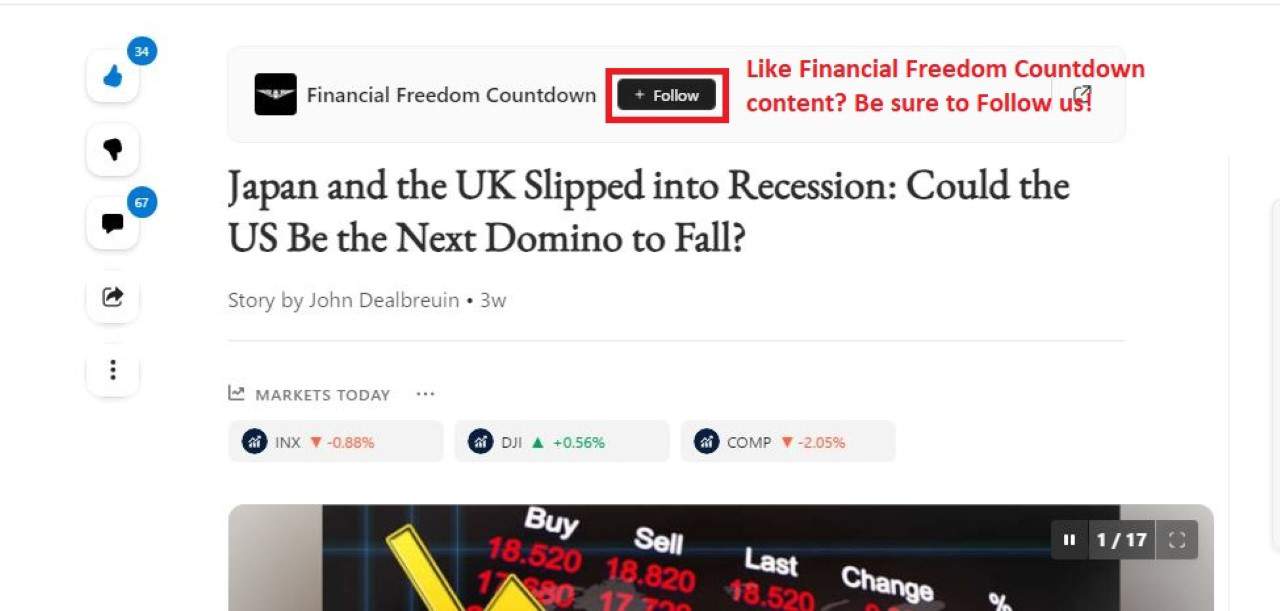
Did you find this article helpful? We’d love to hear your thoughts! Leave a comment with the box on the left-hand side of the screen and share your thoughts.
Also, do you want to stay up-to-date on our latest content?
1. Follow us by clicking the [+ Follow] button above,
2. Give the article a Thumbs Up on the top-left side of the screen.
3. And lastly, if you think this information would benefit your friends and family, don’t hesitate to share it with them!

John Dealbreuin came from a third world country to the US with only $1,000 not knowing anyone; guided by an immigrant dream. In 12 years, he achieved his retirement number.
He started Financial Freedom Countdown to help everyone think differently about their financial challenges and live their best lives. John resides in the San Francisco Bay Area enjoying nature trails and weight training.
Here are his recommended tools
Personal Capital: This is a free tool John uses to track his net worth on a regular basis and as a retirement planner. It also alerts him wrt hidden fees and has a budget tracker included.
Platforms like Yieldstreet provide investment options in art, legal, real estate, structured notes, venture capital, etc. They also have fixed-income portfolios spread across multiple asset classes with a single investment with low minimums of $10,000.
